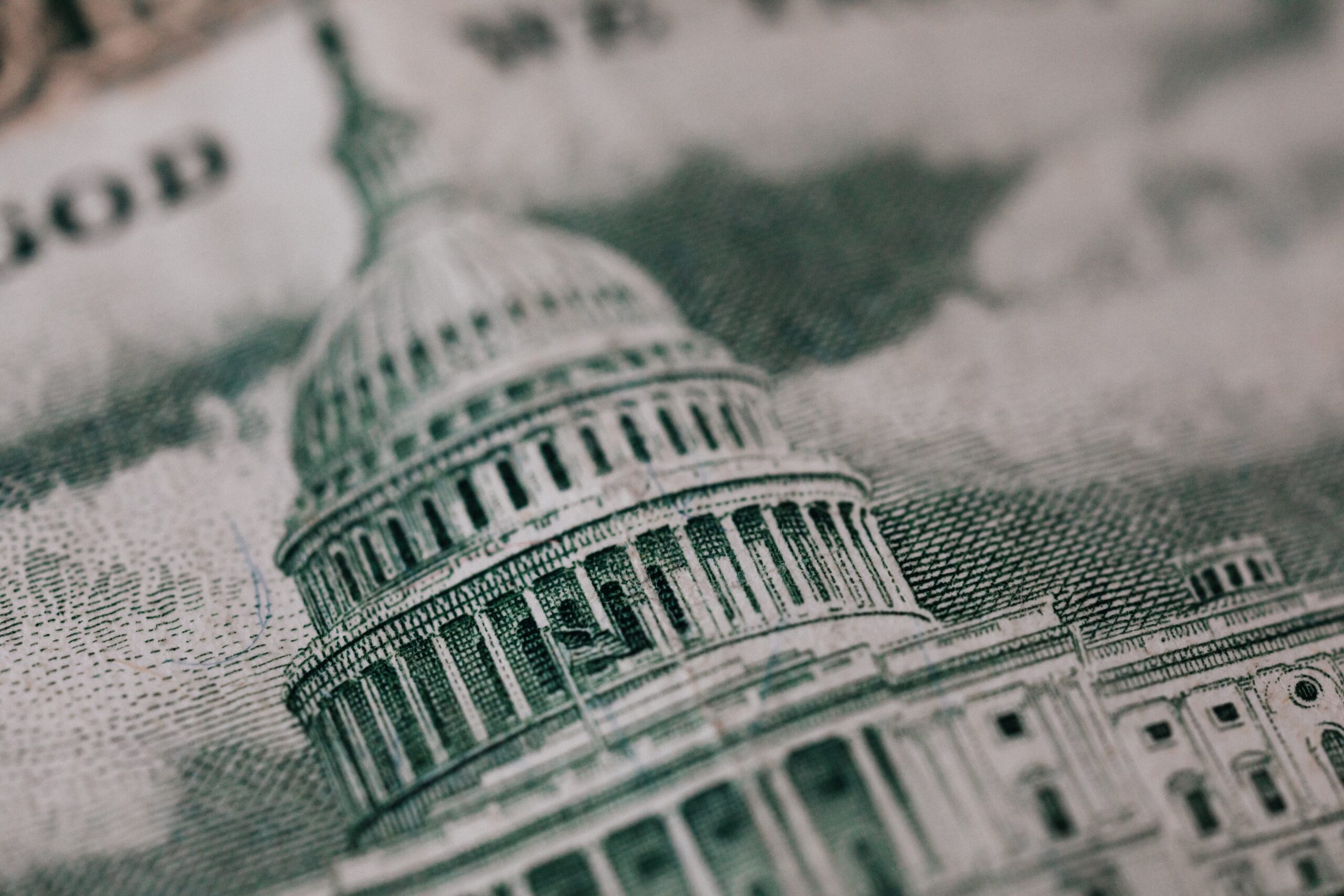The Small Business Administration (SBA) has been very busy as of late. A new rule was issued on April 12, 2023 that made two major changes. First, the SBA is taking off a moratorium against the number of lenders it allows to participate in its programs such as the 7(a), 504, and Express loans. Second, the SBA is doing away with the authorization for 7(a) and 504 loans. It is important to understand that the SBA, being a government agency, allows for a comment period before making rule changes such as these. “SBA received 80 comments on removing the definition of authorization and removing reference to an authorization from its regulations. The comments were nearly universally opposed to removing the word authorization” (U.S. Small Business Administration, 2023, p. 21893). Furthermore, “most comments that opposed the proposal expressed the concern that the authorization is the document that clearly defines the agreement between the lender and SBA for each transaction and is beneficial in communicating requirements to the borrower, lenders, and SBA” (U.S. Small Business Administration, 2023, p. 21893).
The moratorium on lenders that the SBA allows into their programs has been in place since January 4, 1982 or for the last 40 years (U.S. Small Business Administration, 2023, p. 21891). Lending for SBA 7(a) and 504 loans has primarily been performed by banks and Certified Development Companies (CDCs). The reasons for this are because SBA lending is very specialized and very complicated. The SBA has a standard operating procedure or SOP manual, which every lender much follow or you risk losing your loan guarantee and being removed as an authorized SBA lender. The SOP is a large, complex document, and normally has many changes every year. As an authorized lender, its critical you stay abreast of the changes. Because of the specialization involved, most banks, if they offer SBA loans, have an SBA department. This department is led by an individual that is highly experienced in SBA lending and usually has a few lenders working underneath them.
The SBA wants to allow nonbank lenders into their programs. This mainly consists of online fintech lenders such as PayPal, Kabbage, Block, etc. On the surface this does not seem like a bad idea. More lenders equal more potential opportunities for borrowers to get loans. However, the problem lies in a couple areas. Fintech’s operate in a culture of speed. Get the borrower the loan as fast as possible. Except there is nothing fast about SBA lending. A normal SBA loan takes on average 90 days to close. If it is a complex transaction, 120 days. The SBA loan programs are extremely paper intensive. There is different documentation required at different stages of the loan. Meaning, there is a certain set of documents required at application, items might be required as you move through underwriting, and then there is another set of documents required for settlement. Then there is the closing. Almost all SBA 7(a) and 504 loans get closed by an attorney hired to represent the bank. This attorney is a specialist in SBA loans. They must be because of the need to understand how the closing and equity contribution on the part of the borrower have to be documented. Furthermore, banks want the attorney there representing them because if the loan goes bad and you are trying to save the SBA guarantee, having a third-party attorney involved can offer additional protection.
We must consider the experience with the SBA PPP program. Fintech’s were allowed to participate in that program. There was a tremendous amount of fraud uncovered after the fact. As per a congressional report, several fintech companies reaped billions in fees from taxpayers while becoming easy targets for fraudsters (Fast & Pfeiffer, 2022). The report found that these fintech’s failed to stop obvious fraud and profited off the processing fees and thus had little incentive to find fraud (Fast & Pfeiffer, 2022). The need to get these loans out to borrowers fast and the lack of specialization in SBA lending, proved to be a bad combination. The SBA has a slow, monotonous, paper intensive process for exactly the purpose of keeping fraud low. I think at the least, this experience should cause the SBA to pause and question whether fintech’s are truly ready to be prudent SBA lenders.
The second part of the new rule is the removal of the SBA authorization from 7(a) and 504 loans. Once a 7(a) or 504 loan is approved by the SBA an authorization is issued. The authorization is generally about 12-13 pages in length and details the structure and conditions under which the bank can make the loan. This is THE key document in the SBA loan process. The banks closer, lender, the banks attorney, the borrower, everyone involved requires this document. The loan documents are built off the authorization. To say removing this document is a major change is an understatement. Worse yet, when asked what would replace the authorization, the answer was nothing. This could potentially be a change that interjects chaos in the SBA loan process. If an SBA loan does go bad and a borrower is submitting a claim on the guarantee, what is the document that determined the structure and conditions of the loan? I believe this is a very dangerous rule change on the part of the SBA. Time will tell how this plays out.
Finally, the SBA is making these changes at a time when their district offices across the U.S. are experiencing a dwindling of staff. According to Medici (2023), over the last decade employee costs have increased reducing the number of employees the SBA can maintain within their budget and the problem has compounded in the last year. My question to the SBA would be, “Why do you want to add a bunch of lenders and remove the authorization at a time when you are already understaffed around the country?”
Sources:
Fast, A. & Pfeiffer, S. (2022, December 22). A congressional report says financial technology companies fueled rampant PPP fraud. NPR. Retrieved from https://www.npr.org/2022/12/06/1140823783/a-congressional-report-says-financial-technology-companies-fueled-rampant-ppp-fr
Medici, A. (2023, April 25). Exclusive: SBA district office staffing dwindled as costs rose. Philadelphia Business Journal. Retrieved from https://www.bizjournals.com/philadelphia/news/2023/04/25/sba-budget-cut-district-office-costs.html U.S. Small Business Administration. (2023, April 12). Small Business Lending Company (SBLC) Moratorium Rescission and Removal of the Requirement for a Loan Authorization. Federal Register. Retrieved from https://www.federalregister.gov/documents/2023/04/12/2023-07181/small-business-lending-company-sblc-moratorium-rescission-and-removal-of-the-requirement-for-a-loan


Leave a Reply